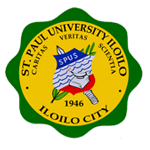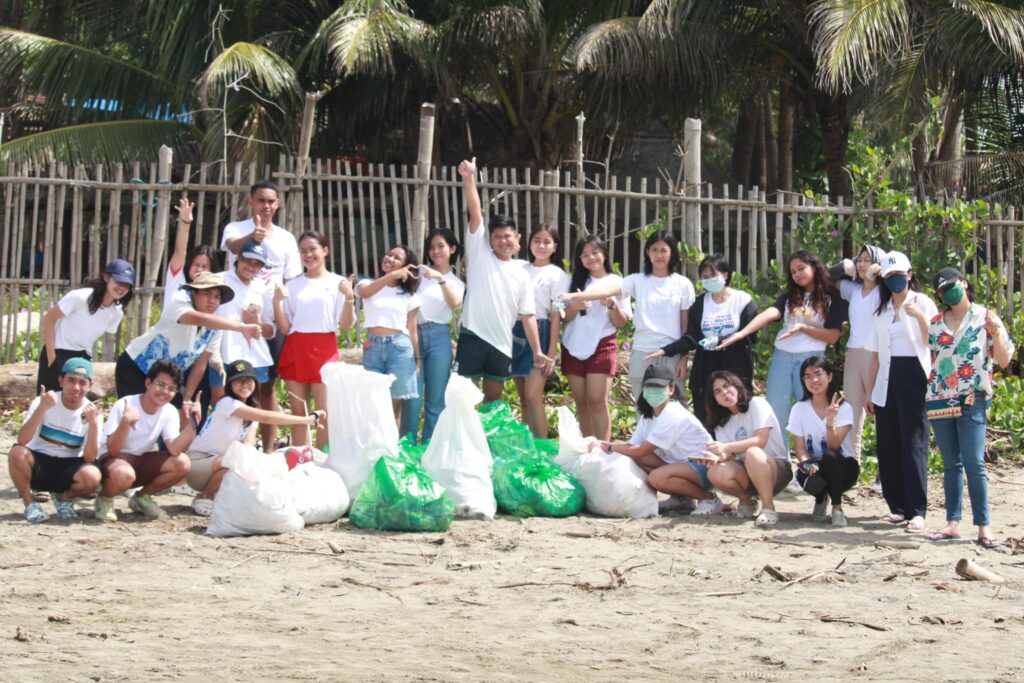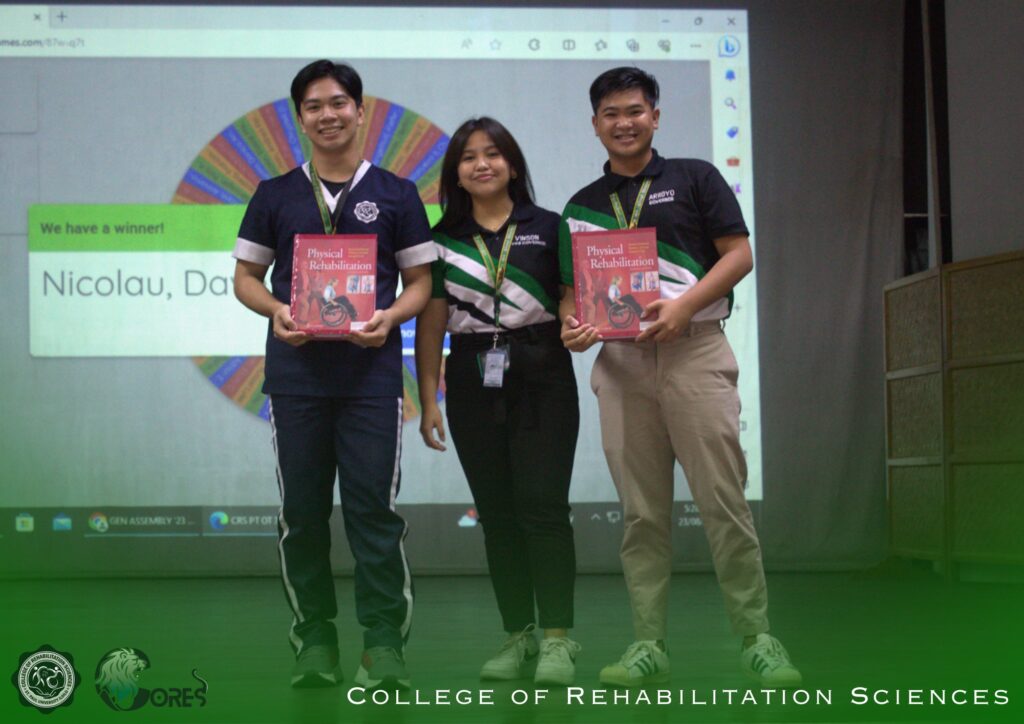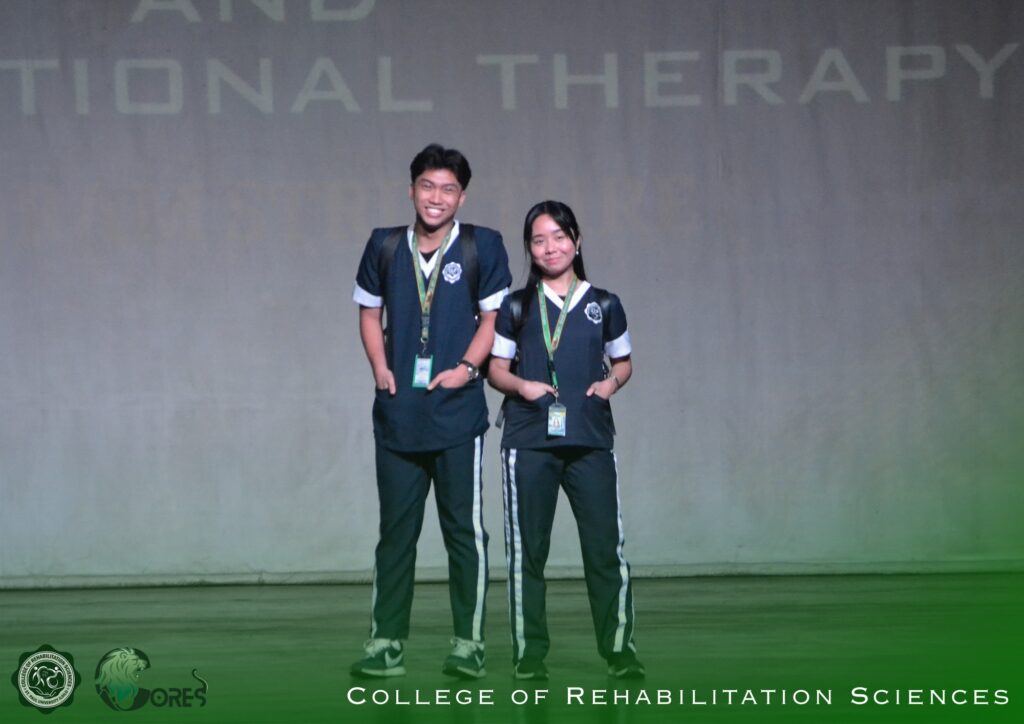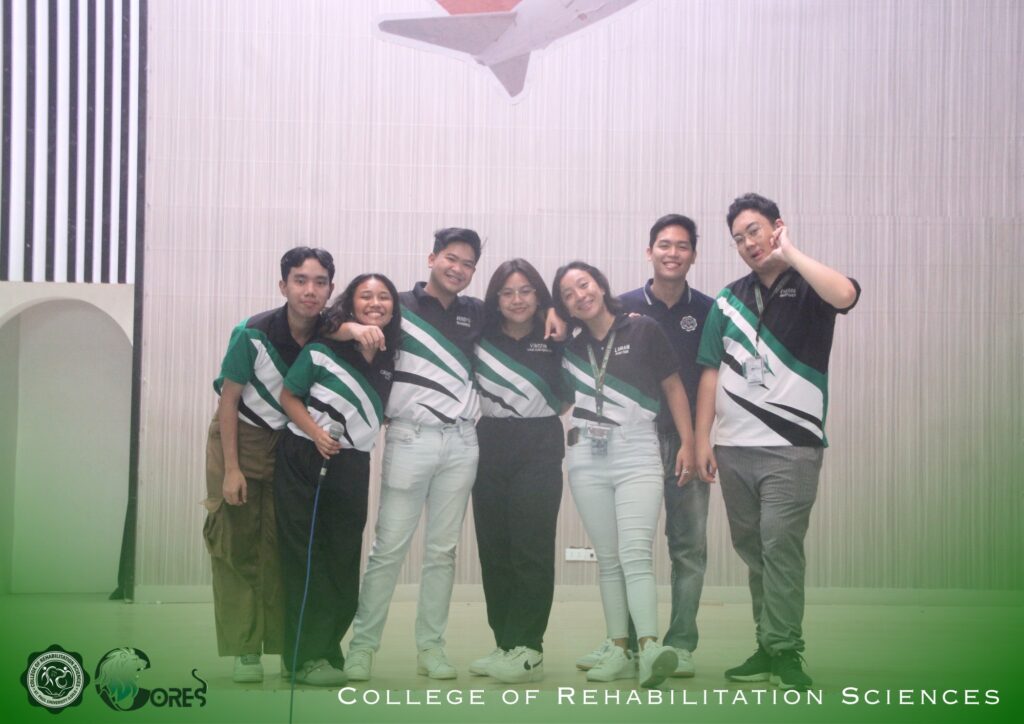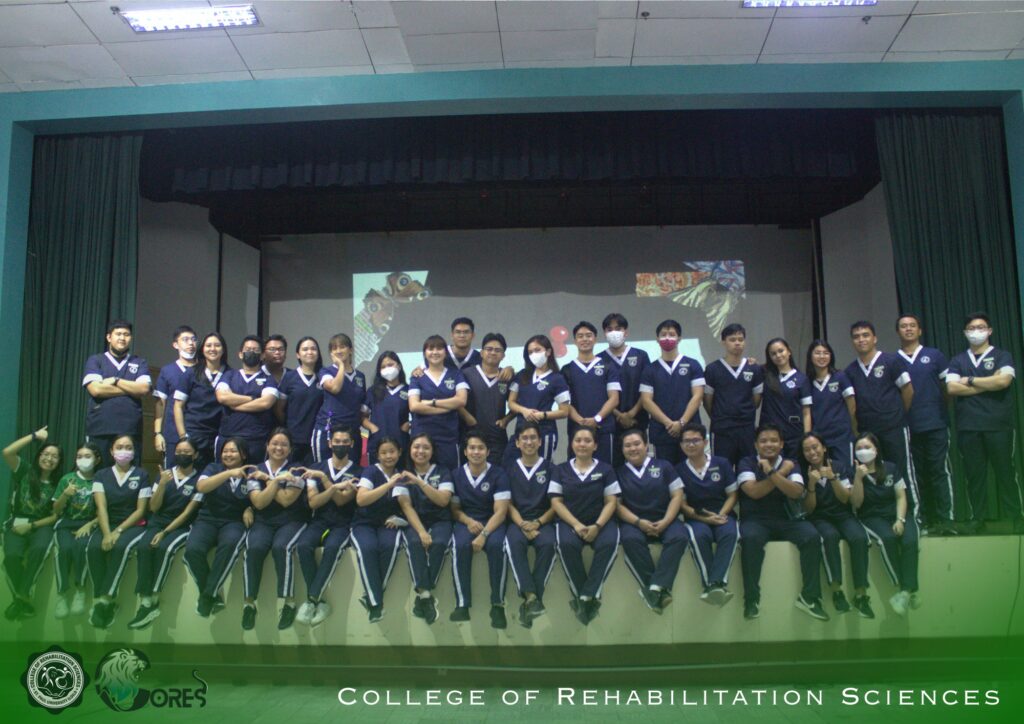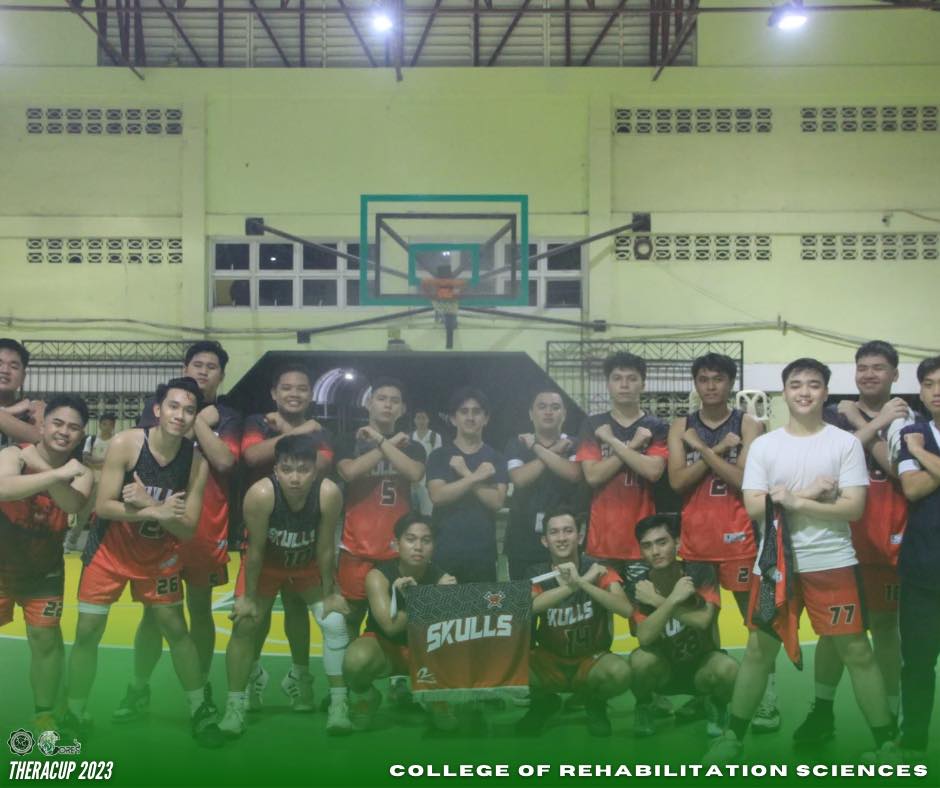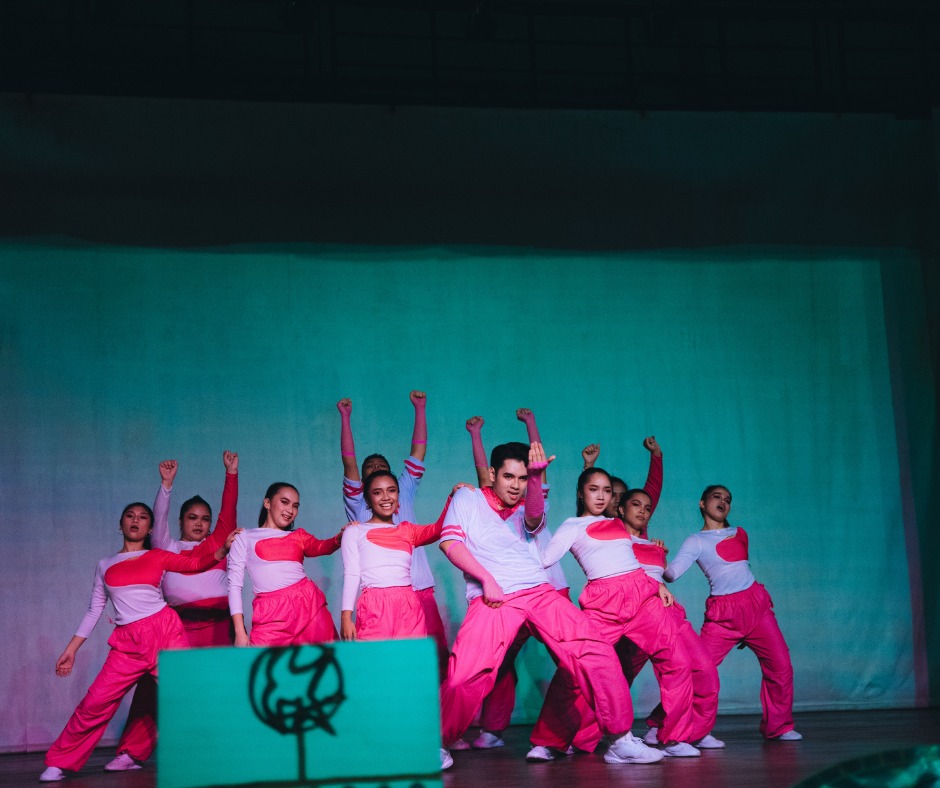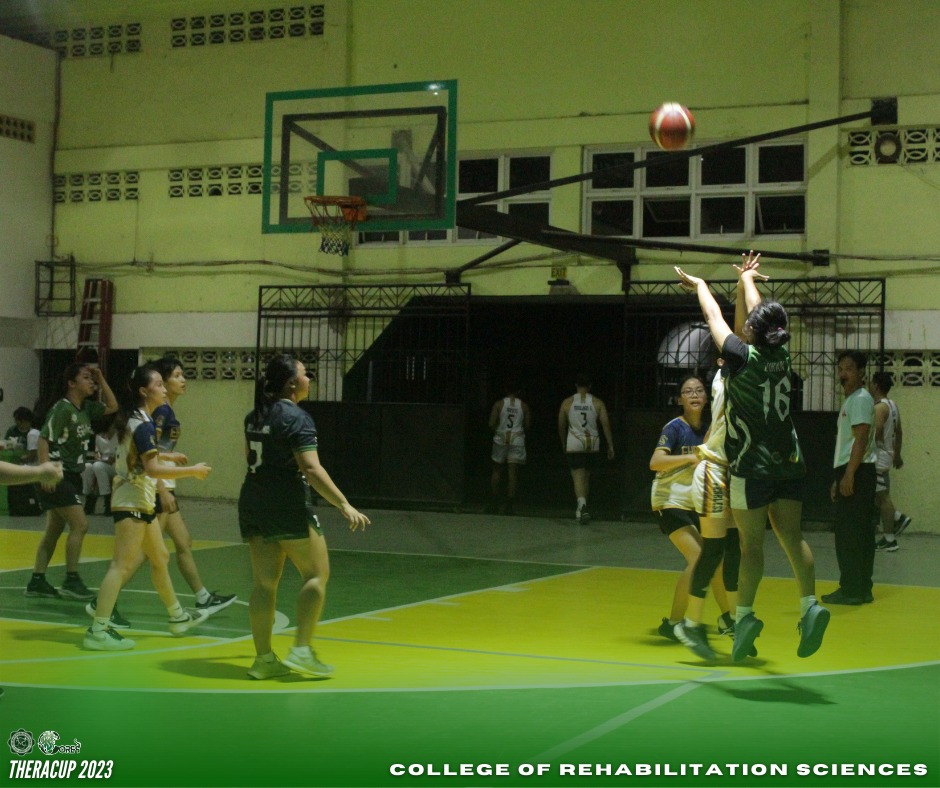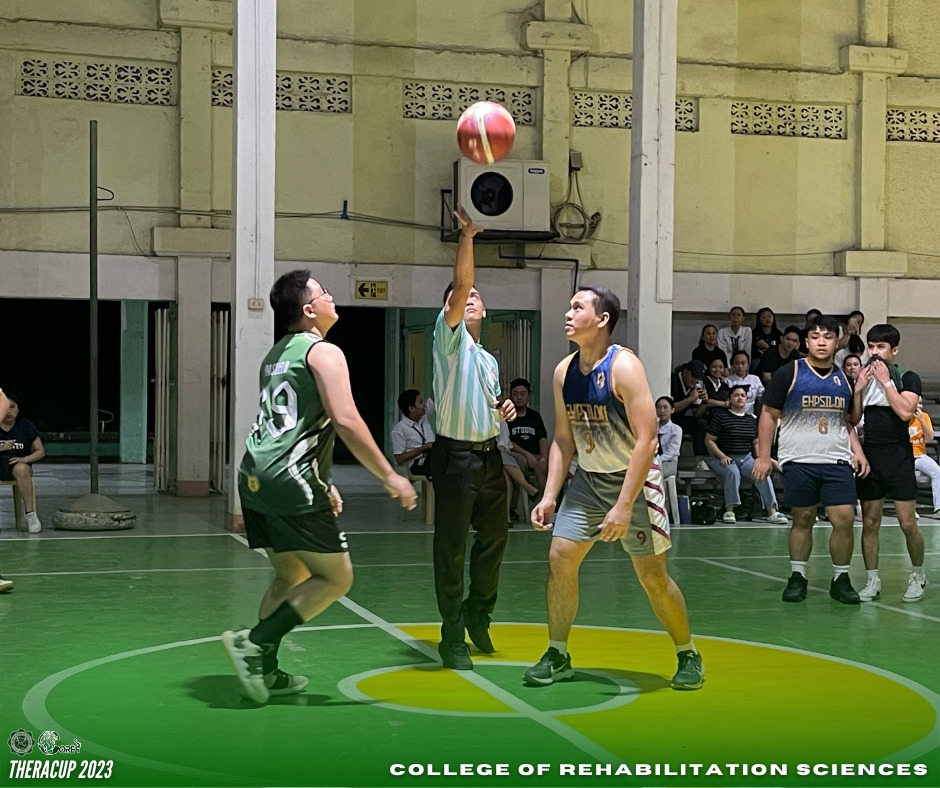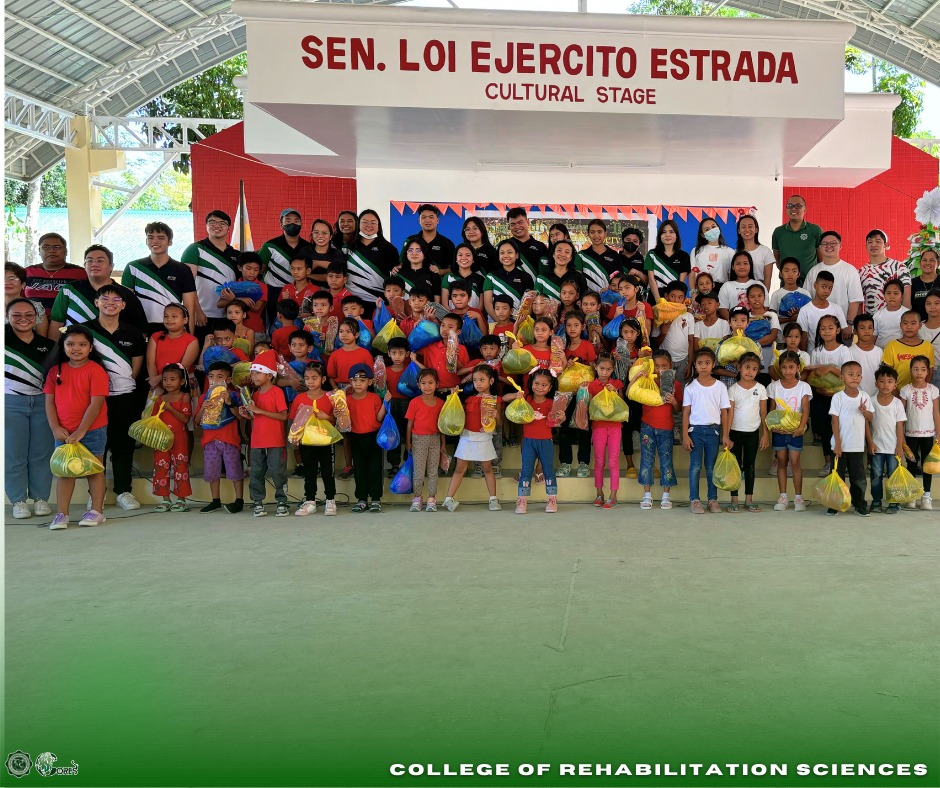
Started in 1995
OUR MISSION
The BS Physical Therapy Program has a commitment to:
Proclaim the love of Christ to all; Be Maka-Diyos, Maka-tao, Maka-buhay, Maka-bayan and Maka-kalikasan.
Develop globally competitive and compassionate Physical Therapists through academic excellence and community service. Foster a holistic and dynamic allied health profession program permeated with Gospel values. Continuously improve the quality of education through research and community programs thus, ensuring the sustainability and viability of the program.
COURSES OFFERED:
Program Description:
Occupational therapy (OT) is the therapeutic use of everyday life activities (occupations) with individuals or groups for the purpose of enhancing or enabling participation in roles, habits, and routines in home, school, workplace, community, and other settings (AOTA, 2014). It is a health profession concerned—not only with persons with disabilities, but also with communities and populations affected by poverty, abuse, violence, and environmental disasters, among others.
The B.S. Occupational Therapy program of St. Paul University Iloilo is the first to be offered in Western Visayas. Our vision is to produce competent and caring occupational therapy practitioners and lifelong learners with high standards of professionalism and who are equipped to respond to both local and global health care needs. The SPUI-BSOT program consists of 189 units offered across eight semesters and two summer terms. Students will complete foundation courses in basic medical sciences, professional courses in OT theory, evaluation and intervention, inter professional courses in ethics, management, and community-based rehabilitation, as well as research and evidence-based practice courses. Fieldwork opportunities are embedded throughout the four-year program in order for students to incrementally develop practical and clinical reasoning skills. The program culminates with a one-year internship program in various OT practice areas and the development of an undergraduate research project.
Program Outcomes:
Graduates of the SPUI BSOT program are expected to:
Program Description:
The Bachelor of Science in Physical Therapy is a four-year degree program consisting of general education and professional courses. It also includes an internship program that involves assigning students to different CHED-accredited affiliation centers that cater to various patient/client populations for a minimum of 1500 hours. The interns/students, during the course of the training, must have exposure to a variety of opportunities that will prepare them for the different roles expected of them upon graduation. HEI’s may provide a minimum of 1200 hours of clinical experiences which include patient/client evaluation and management from different populations, including but not limited to: neurological, musculoskeletal, cardiopulmonary, pediatric, geriatrics, well population and community-based rehabilitation. a minimum of 160 hours to a maximum of 300 hours should be used to provide training opportunities in a combination of other roles, termed herein as non-clinical rotation. Institutions may provide purely clinical rotations, purely non-clinical rotations, or a combination thereof, provided that the hours dedicated to each are clearly specified.
